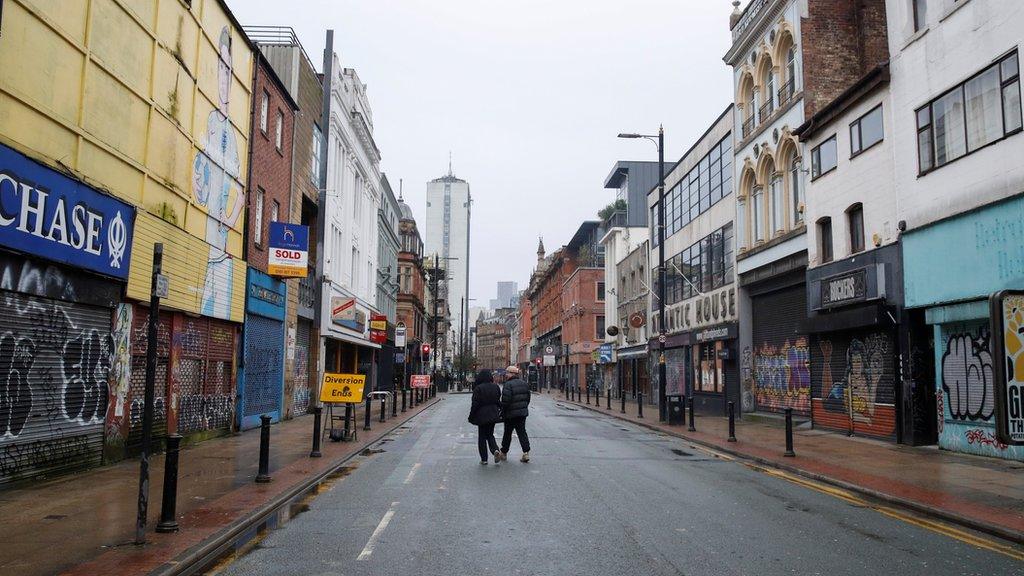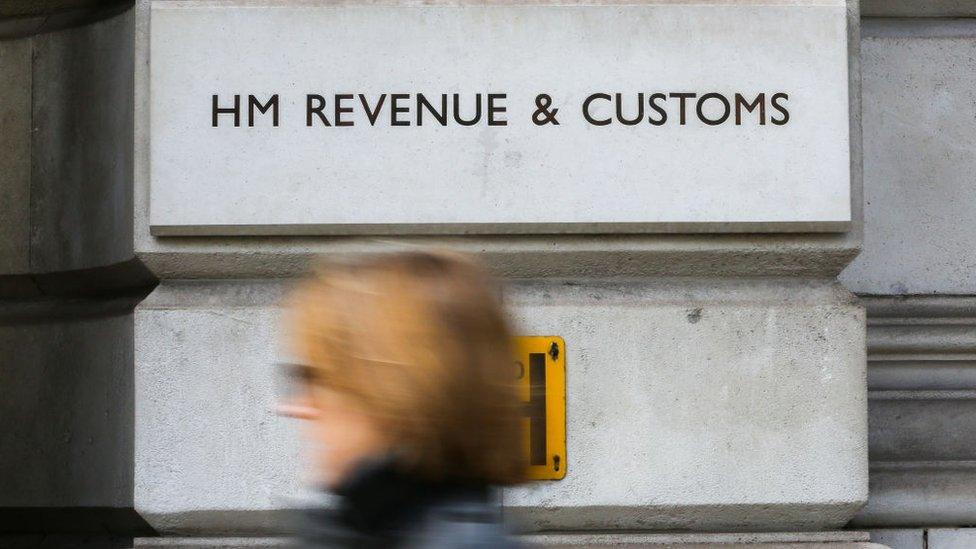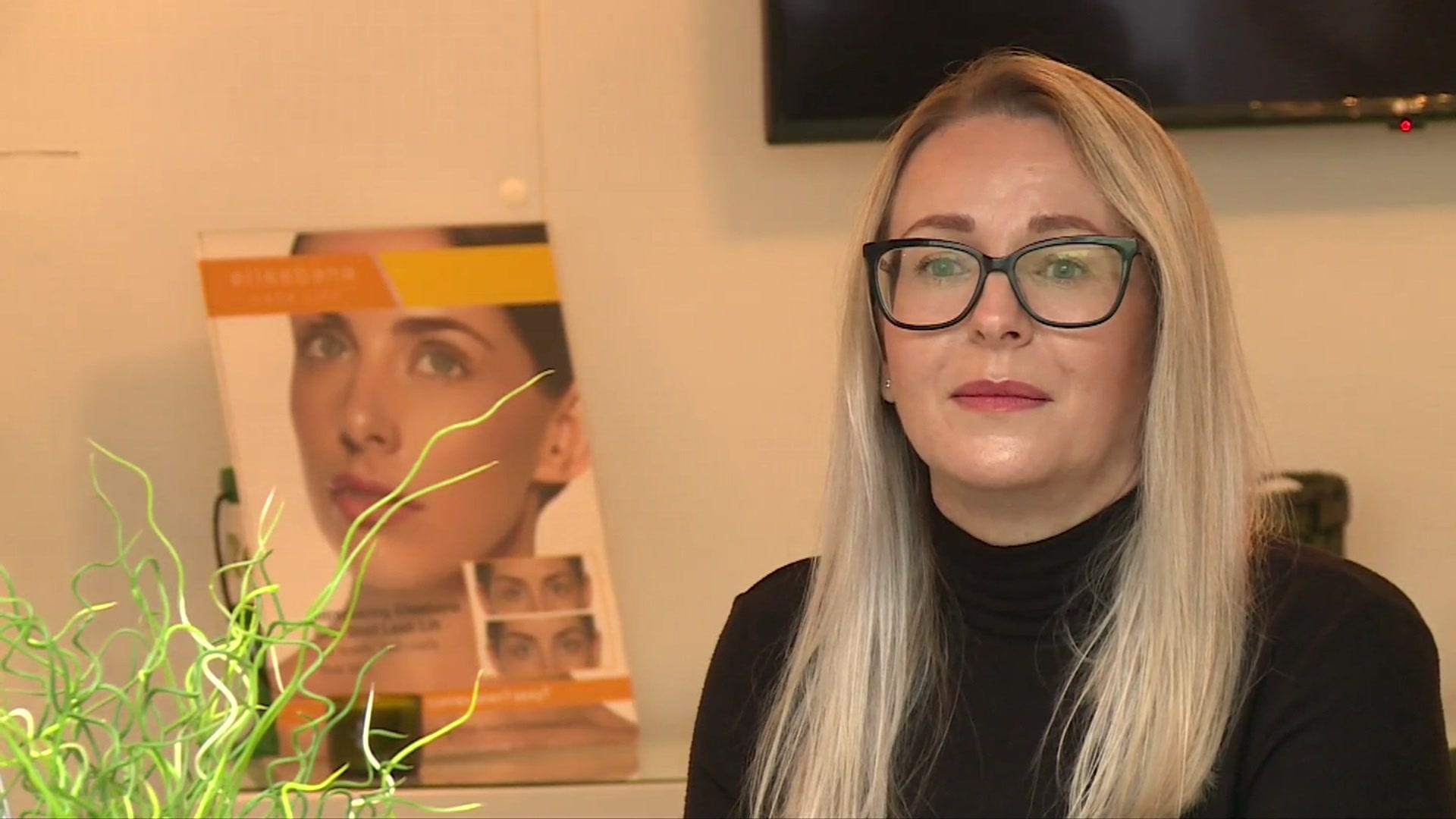Self-employed without help need answers
- Published
- comments

The human stories of pandemic impoverishment for those self employed workers who have fallen between the cracks of government support certainly deserve an answer.
The Institute for Fiscal Studies (IFS) report raises the question of why the government does not just pay extra sums to help some cases on the borders of current programmes.
The Treasury is adamant that the fundamental issue is that, unlike for the furlough scheme, it was not possible to target self-employment support precisely at those who need it.
This is a measurement issue. There is no real time way of legally certifying income lost, as exists for PAYE employees.
It occurs months after the event with tax returns. Even if a month's income could be shown to be below average, which average would it be compared with?
Deadweight
Instead self-employed workers are required to declare they have lost any amount of income due to Covid, and provide a basis for usual income from a previously submitted tax return.
All then get the entire self employed grant, even if they continue working, indeed even if they continue the vast bulk of their work.
So there will be significant "deadweight" - the payment of government support to people who don't need it.
The proportion of eligible workers who have claimed this grant is indeed remarkable - 77% according to the National Audit Office - some claimants will have actually increased their overall income as a result of getting the full grant and only suffered a small hit to profits.
But this meant that there needed to be a defined border for the eligibility of the funds. Hence the 50:50 rule, whereby claimants must gain half their income or above from self employment, and the profit cannot be more than £50,000 a year.
There were always going to be some very difficult cases at the borders of this policy.
Cliff edges
The Treasury contends that both these limits compare well internationally and were more generous than small business lobby groups asked for when the scheme was conceived last April.
But it is absolutely undeniable that there are significant tragic cases of taxpayers denied this type of support.
There are "cliff edges" where eligibility for the generous grant simply stops. There are no tapers involved, because the government says that would make the scheme too complicated.
The clearest example of an intervention suggested by the IFS that would help those on modest incomes is to lower the 50:50 rule at the cost of £500m to £800m per quarter.
Overall the government has put together, at speed, a previously unheard of package of support for workers.
Some of that support has gone to those that don't need it and, as a result, lines were drawn that have left some in need on the wrong side.
The government will continue to face pressure to extend these generous support packages.
Related topics
- Published27 January 2021

- Published25 January 2021

- Published8 September 2020

- Published27 January 2021

